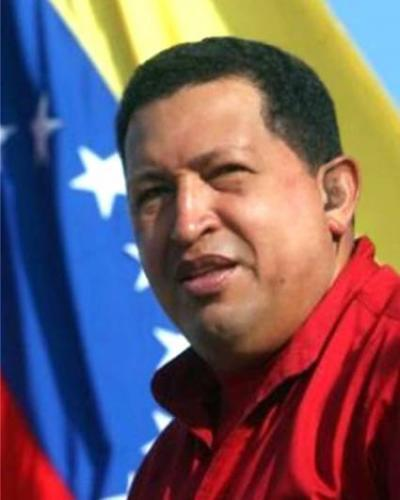
By Roberto Morejón
With the legacy of Hugo Chavez, Venezuelans continue to resist the adversities derived from U.S. sanctions, now in the process of reactivation.
The military man of new stature began his first mandate on February 2, 1999 and from the very first moment he evidenced his telluric strength, at the communication podium, in informal conversations with his compatriots or in the political trenches.
The statesman initiated a new era in Venezuela, embodied the hopes of millions of citizens and traced the path towards the longed-for social justice and sovereignty.
Died in 2013 after a painful illness, Hugo Chávez nurtures the national ideology, adorned by his comfortable victories in four presidential elections.
The man who put an end to four decades of right-wing governments returned with vigor after the 2002 coup d'état and from the Miraflores palace, seat of the executive, marked the Bolivarian revolution.
It would be a path of successes, disappointments, adversities and actions of the radical opposition to overthrow the government by any means, up to taking the oath of office in a square, among a handful of followers, to a titled President, outlined in Washington.
Chavez, promoter of the new Constitution, left the way to Nicolas Maduro, who also had to face the US penalties, causing the deterioration of the economy and the standard of living of Venezuelans.
In the last few days, the forces of law and order arrested some thirty people accused of being linked to anti-government conspiracies.
The process coincides with the revelation of a secret report, obtained by the AP agency, on a covert operation of the DEA, the U.S. Drug Enforcement Administration, to "fabricate" alleged links between Caracas and drug trafficking.
Vice President Delcy Rodríguez warned that if the United States intensifies the economic aggression against Venezuela, the country would respond, first of all by cancelling flights for the repatriation of Venezuelan migrants.
In this new tension, a process of national consultation with forces of diverse signatures to outline an electoral chronogram is inscribed.
From the result must emerge a proposal that would be delivered to the National Electoral Council, competent to call for an appointment at the polls.Thus, as Chávez did, the government reaffirms its disposition to dialogue with various political actors, without yielding an inch in the defense of sovereignty.

